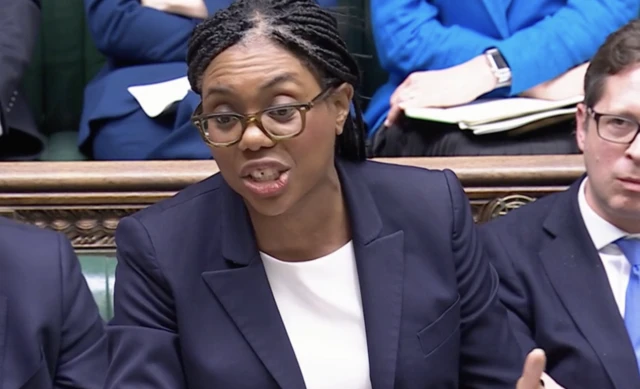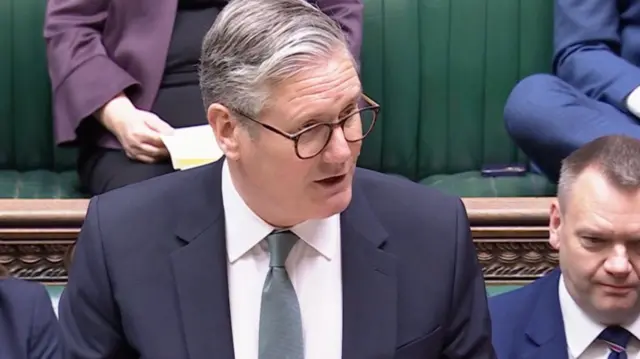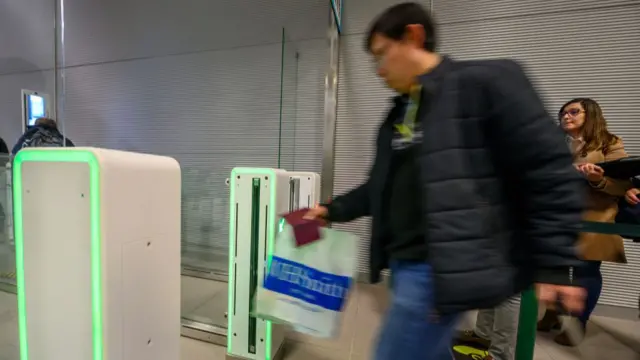'This is a pitiful return' - Conservative leaderpublished at 13:03 BST 20 May
"It is a lot of spin to disguise the terrible substance," Badenoch continues.
The Tory leader says people want "honesty" on what has been discussed as she takes aim at the defence deal which she describes as "hopelessly one sided".
"This is a pitiful return," Badenoch adds.
"Can the prime minister explain why there is not a single word in the statement about how much is going to Brussels?"
Badenoch concludes her response by accusing Starmer of not listening.
'When Labour negotiates Britain loses,' Badenoch says
















